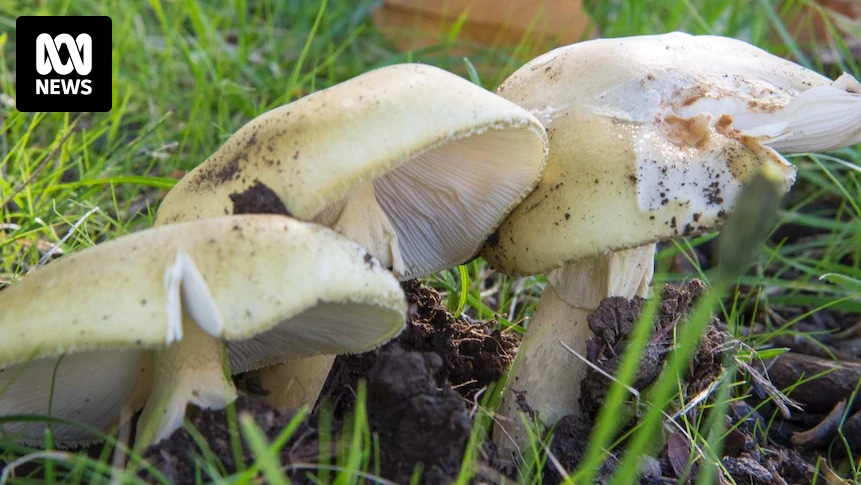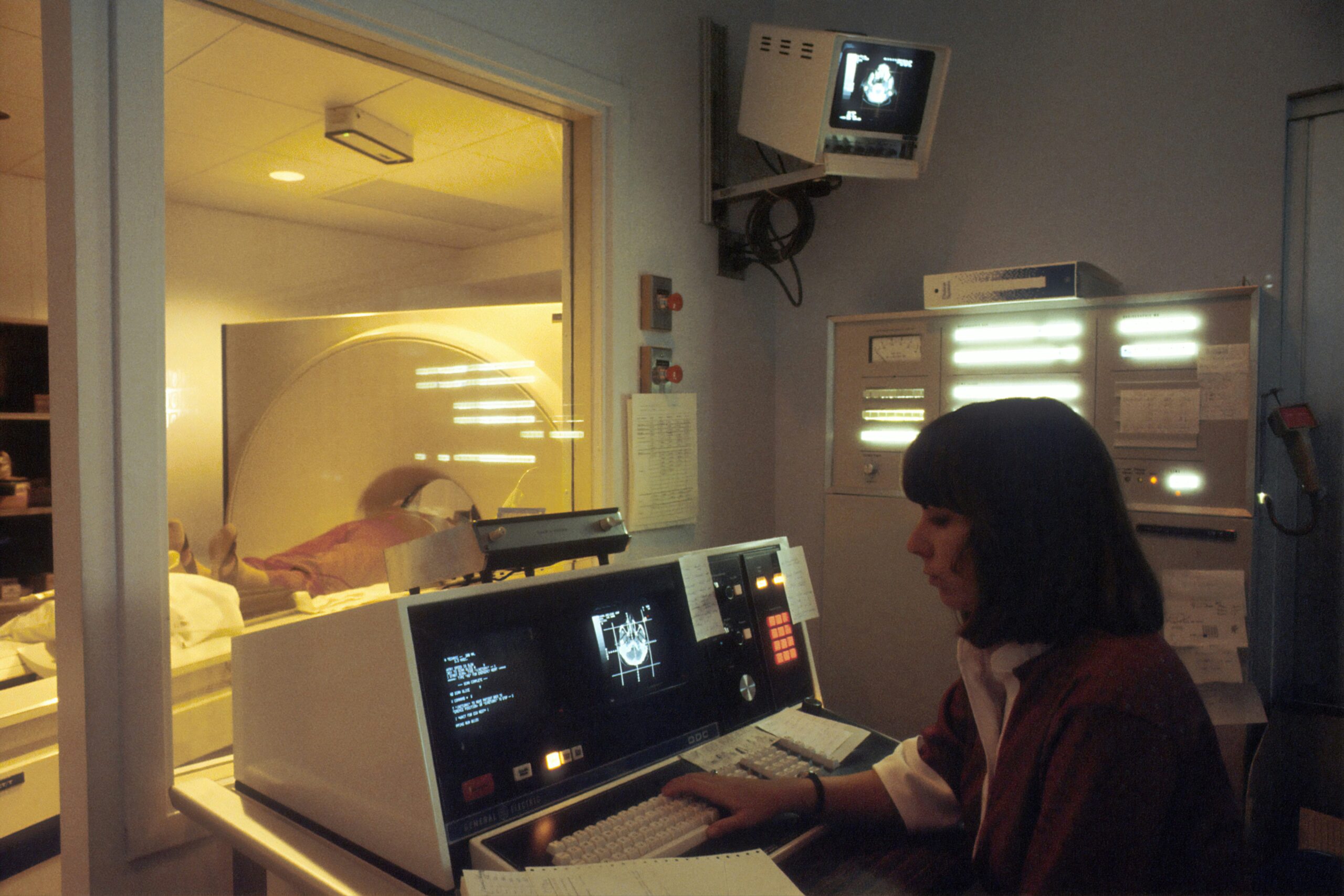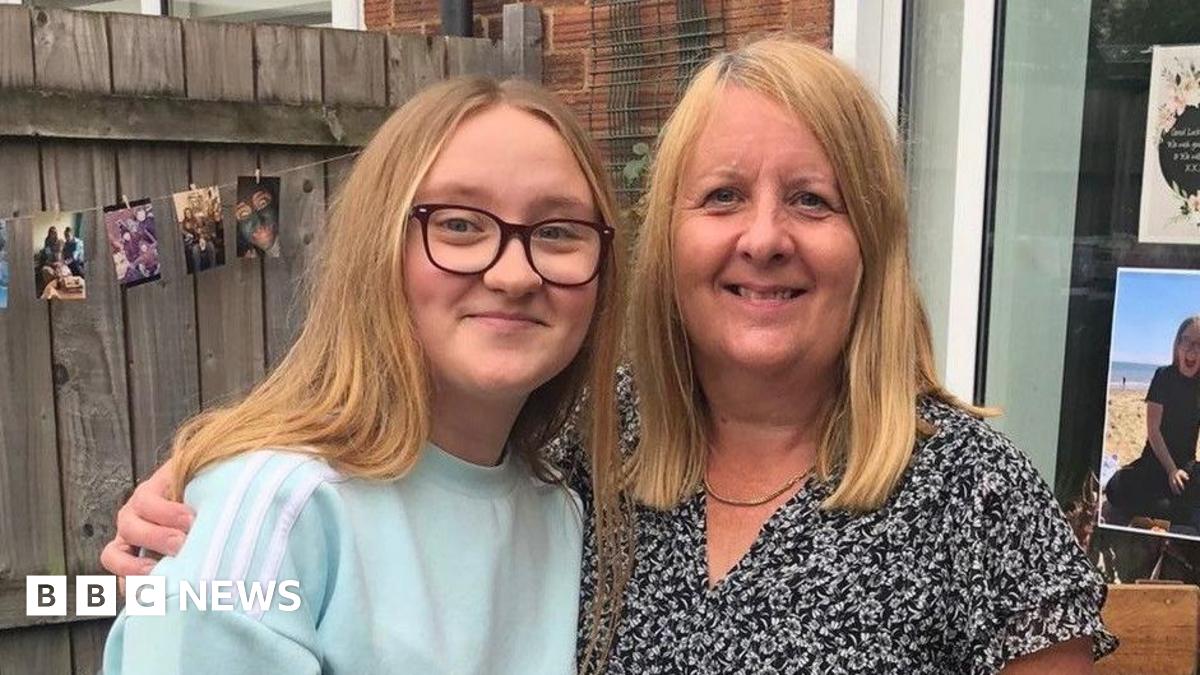
Foraging tour operators across Australia are facing significant challenges as rising insurance costs threaten the viability of their businesses. While some in the insurance industry argue that these increases are unrelated to recent high-profile legal cases, operators like Feresh Pizarro have been forced to cancel tours due to prohibitive premiums.
This week, Erin Patterson was convicted of murdering three relatives and attempting to murder another by serving them beef Wellington containing deadly death cap mushrooms. The case has captured national attention, but insurance experts maintain it is unlikely to have influenced the broader insurance market.
Impact on Local Operators
Feresh Pizarro, who runs South Spore from her farm near Robe in South Australia’s southeast, has felt the financial strain acutely. “The insurance went up by ridiculous amounts, so I actually can’t make it viable,” she explained, noting that two other businesses she knows are similarly affected.
Despite the challenges, Pizarro remains passionate about educating the public on the diverse roles of fungi. “It’s not just about edibles,” she said. “There are mushrooms that have been proven to eat plastic or completely clean oil spills.”
Similarly, Natasha Vorogushin, who operates foraging tours in Morwell, Victoria, has struggled to find insurance tailored to her specific needs. “I’ve contacted quite a few insurance companies and had trouble finding anyone who would insure me for that specific type of workshop,” she shared.
Insurance Industry’s Perspective
According to a spokesperson from the Insurance Council of Australia, the organization has not received reports of heightened concerns from its members regarding mushroom-related risks. “It’s not common for insurers to change their offerings just because of ‘perceived risk,'” the spokesperson stated.
Michael Sherris, a professor of actuarial studies at the University of NSW, echoed this sentiment. He explained that while insurance costs are generally rising, a single court case like Patterson’s is unlikely to be the cause. “Normally, you don’t have a mushroom foraging exclusion clause,” he noted.
Fungal Awareness and Misconceptions
The Patterson trial has inadvertently increased public interest in fungi, according to Teresa Lebel, a senior mycologist at the Adelaide Botanic Garden and State Herbarium. “It’s opened people’s eyes to this whole kingdom of fungi that most people would have previously just wandered past,” she said.
However, this surge in interest has also led to misinformation, particularly on social media. Pizarro expressed concern over incorrect comments regarding edible fungi. “That really scares me,” she said. “You just have to make sure that you’re 100 percent every time—there’s no wiggle room.”
Looking Ahead
As insurance costs continue to rise, the future of mushroom foraging tours remains uncertain. Operators like Pizarro and Vorogushin are seeking solutions to sustain their businesses while ensuring public safety and education about the ecological importance of fungi.
Meanwhile, experts like Dr. Lebel hope that increased awareness will lead to more informed public engagement with fungi, albeit with caution regarding the identification and consumption of wild mushrooms.







